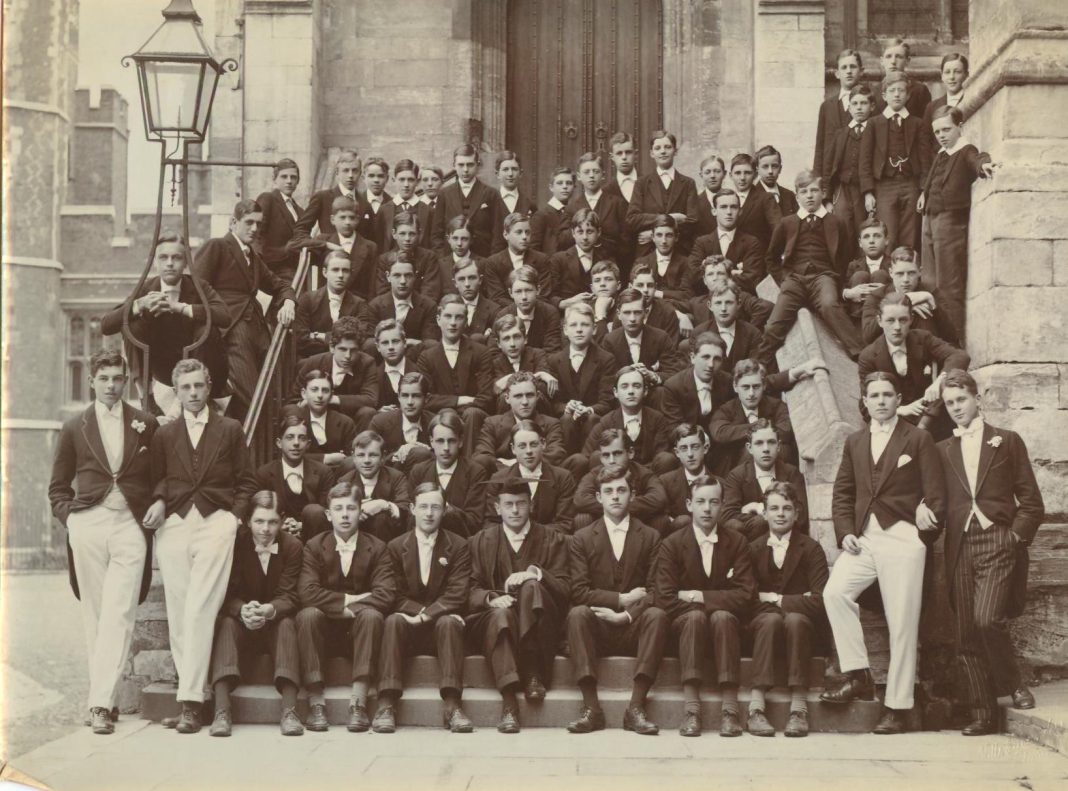There is already a power imbalance in heterosexual relationships. The society and institutions in which our relationships with men are built favour men, their dominance, and their power. This attitude translates to the relationship itself and in my experience, can doom a relationship to failure. I, a grammar-school educated, immigrant woman from some level of financial privilege, dated a very wealthy, Eton-educated, straight white male from the South of England. Our relationship lasted for most of my time at Oxford, and at the time I thought I had met the man I was going to spend the rest of my life with. Spoiler: this was not the case.
I know people say that everyone comes into a relationship with their own share of emotional baggage, but this wasn’t true for us. Although I had some personal issues, it was nothing you wouldn’t expect from a young woman of ethnic descent with a somewhat tense relationship with her parents. He, however, lived an idyllic life. At no point in our long term relationship was I led to believe he experienced any kind of trauma, familial problems, insecurity, self-doubt, or loss. He is the most privileged person I have ever met, not just because of his social and financial status, but because of the lack of emotional burden he carried with him every day.
I originally thought that this was great. Someone who could support me whenever I needed it, but also someone who had no restraints on the love he could give me. I realised six months in that there was a fundamental disconnect. Regardless of how minor my emotional inconvenience was, there was no way he could relate to me. I doubt his lack of emotional baggage would have been as significant an issue if he was a woman. Although I cannot deny I have a great degree of privilege, as an immigrant woman of colour, there has always been a cap on the level of privilege I may have. I have experienced discrimination as a result of my identity. For my ex-boyfriend, this was not the case. He was and never has been an individual vulnerable to discrimination, nor has he been questioned on his skills, abilities, or dreams. Although never ill-intentioned, I do believe he enjoyed a relationship in which he was by all means socially superior. The simple reason for this: he had always felt this way, in every aspect of his life. He liked the idea of a multidimensional, emotionally intelligent woman. He could not reconcile that with the inevitable emotional difficulties and trauma a woman like that faces.
Whilst we had a wonderful time together – in which I felt truly loved and safe, I never felt understood. There was always a fear that I would be too much, inadequate to his family – or most terrifyingly, his teacher in emotional resilience. A lot of these fears came from his general inability to understand and therefore accept all aspects of my identity. He never had to consider how the world was for people who were not exactly like him. I find this to be the case with many men in his position – the world serves them so well that they never have to or want to consider the difficulties faced by others. It leads to a degree of emotional ineptness. I have memories of gentle parenting my ex-boyfriend into recognising that his behaviour was harmful. It was only when I told him to really imagine if I had acted in that way, that he would go from defensive to apologetic. I recognise that this never should have been my role. In his post-breakup message, my ex-boyfriend claimed that having to care about someone else and their concerns was too much of a burden on him. I cannot remember a time when I did not care deeply about my friends and family What he failed to recognise was the emotional burden that came with me, a woman of less privilege, being in a relationship with him.
His immense privilege brought with it incredible opportunity, an admirable attitude towards the future, yet an unbridled sense of self-worth, and a distinct lack of emotional resilience, which became clear during our breakup. His justification for it was that the future scared him. If I had the same level of emotional resilience, I never would have entered into the relationship in the first place. This, and his handling of the breakup, were the clearest signs that there was an irreconcilable emotional incompatibility.
I am thankful he broke up with me. Not because I didn’t love him, but because I would have spent the rest of my life as his teacher and, contrary to his understanding, his only pillar of deep emotional support. I am glad that he did not accept this life for me. I am glad that I am free to one day find someone as understanding and caring as I am and to have not resigned myself to a life less than I truly deserved – a life of teaching and never being understood. This is not to discredit his great aspects. I loved my ex-boyfriend because he was kind, intelligent, funny, and made me feel loved in a way no one else had. But the hastiness with which he disregarded any care he had for me made it clear that we are most definitely not cut from the same cloth. His life made him who he is, and my life made me who I am. I loved him more than I thought I loved myself. He loved me as much and as long as it was convenient for him. Regardless, I am proud of my ability to love and care as deeply as I do, even if I sometimes give it to people who cannot reciprocate it.


